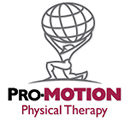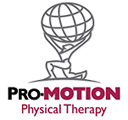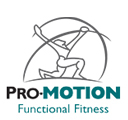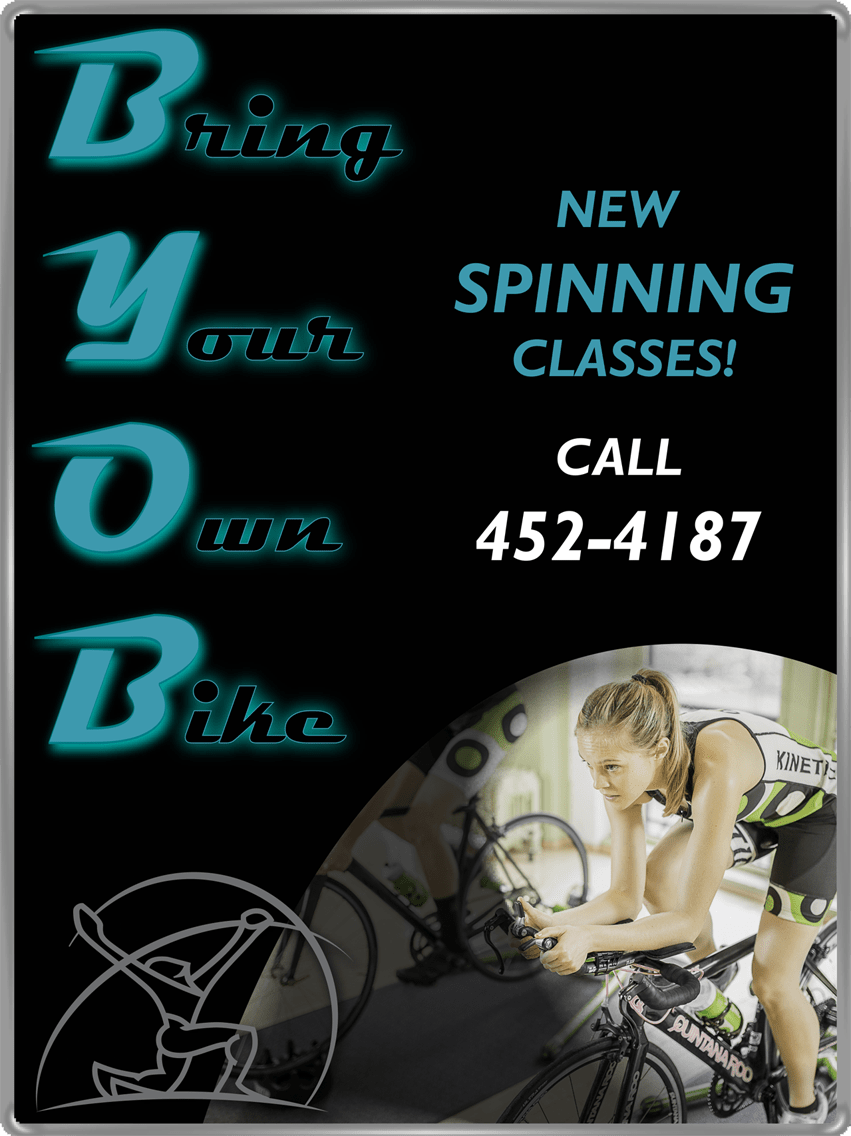FROM THE PROMOPT BLOG

When we launched this blog, our introductory post highlighted the idea of the“move-meant.” We presented the critical idea that fitness or a pristine body image is not the foundational reason for our exercise.
The “move-meant” stands for motion and meaning. But what does meaning, or purpose, have to do with your exercise?
Working Out for the Sake of Working Out
We don’t — or at least, we shouldn’t — work out for the sake of working out. Lifting weights or running has its values, but doing so to lose a few pounds or to gain bigger biceps reduces our fitness activity to far-too simplistic forms. In reality, if we pursued a path of asking ourselves why we work out, we would get to the real reason.
Considering our activity in terms of merely losing weight or gaining muscle is the same as living our life with the singular focus of breathing air or eating food. In both instances, these activities are important to staying alive and living well. Yet, nobody wakes up in the morning with the express purpose to breathe well or to ensure food is properly consumed.
Instead, we wake up with deeper ideas about our life. We think about our job and the tasks we need to achieve in order to keep our business afloat and operating so our communities can receive valuable goods and services.
We think about family — the events we will attend with spouses and children. We find joy in the success of a family member, in a job or in school.
Finding Purpose in Our Movement
So then why is it so easy to categorize fitness in such simple terms? This is where the “meant” in our “move-meant” is so valuable. It functions as a reminder that our work toward better health has a purpose reaching far beyond outward appearance and physical strength.
In fact, Pastor Rick Warren made this interesting observation: “Without purpose, movement has no meaning”…There is no meant to the move if the movement doesn’t fulfill a reason. Doesn’t this ring true? There are some neuroscientists who believe that the only reason we have such a remarkable complex brain is to enable us to create complex and adaptable movement. It is through movement that we are able to satisfy our needs and desires. The flip side of this notion is that without movement, purpose has no pathway.
Therefore, the “move-meant” reminds us to think at a deeper level and to connect our exercise with tangible real-life goals and desires. Your exercise, then, takes on a deeper meaning. It becomes the medium by which you can live your purpose better.
If your job requires you to spend time on your feet, your “move-meant” during exercise builds your ability to stay on your feet longer. It gives you the opportunity to focus on your purpose without having physical ailments diminish your ability.
If your family engages in a half-yearly hike, your “move-meant” gives you the opportunity to keep up with your children and it provides everyone more family time to connect at a deeper relational level.
If your sport requires you to explode into the air to dunk a basketball, your “move-meant” requires the development of power (the combination of force and speed) to allow you to score more points and, ultimately, win more games.
Standing for Something More
The “move-meant” reminds us about the importance of searching for the deeper meanings behind our motions. Our exercise stands for more than a number, whether that number is a weight goal, the amount of reps, or your body mass index.
Instead, our exercise represents our work toward our purpose. It helps us stick to our goals and to live better in our purpose.
What is your purpose? What steps can you take toward fulfilling your purpose through the move-meant?







